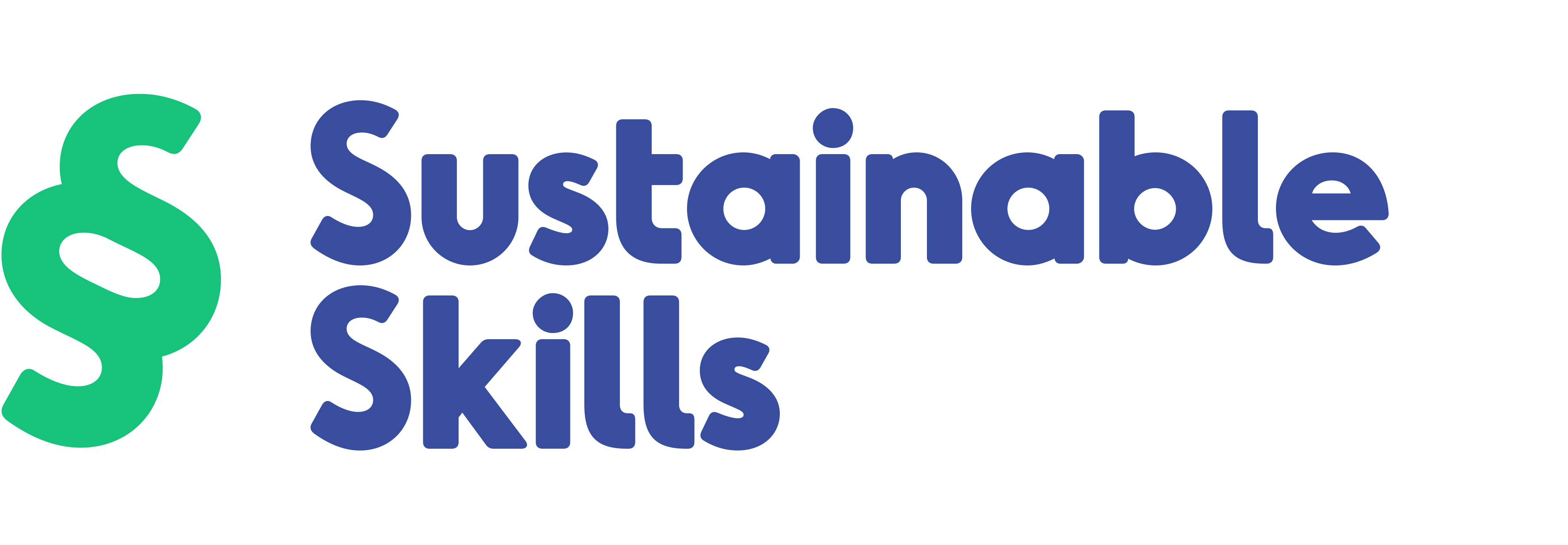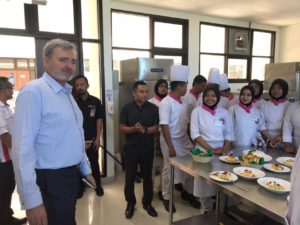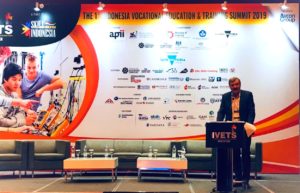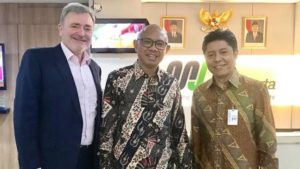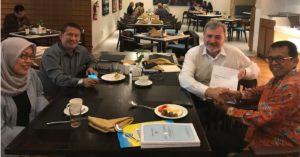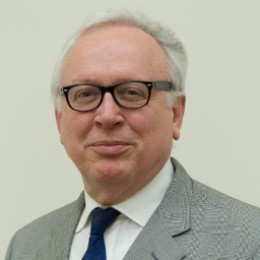 Welcome to the last newsletter of the year 2019 before we shut down operations for the Christmas break.
Welcome to the last newsletter of the year 2019 before we shut down operations for the Christmas break.
This month, we wrapped-up the School Leaders Learning and Development program in Fiji, which was successfully delivered between November 2018 and August 2019 by our team of qualified education consultants comprising Mike Prime, team leader, Cate van der Vossen, Maria Doyle, and Clinton Glendinning, and coordinated by our Director International Development Services, Lee Jackson.
Another important achievement of the year 2019 has been the workshop on TVET systems delivered in June by Bob Paton. Sustainable Skills was appointed by the Australian High Commission (AHC) in Nairobi to deliver a 5-day workshop about TVET Governance, Monitoring and Evaluation to 20 local TVET coordinators selected by the Kenyan Ministry of Education. The activity was well received and we are glad to share here a video interview to James Onyango, Assistant Director at the Kenyan Department of Vocational Education and Training, talking about his positive experience with the workshop.
Recently, Sustainable Skills was contracted to conduct a review of the Karrayili Adult Education Centre in Fitzroy Crossing. The Marra Worra Worra Aboriginal Corporation owns the facility and is keen to utilise it fully to benefit the community in the Fitzroy Valley. Lee Jackson spent time there talking to the key stakeholders, and is finalising a report recommending the type of role for Karrayili that will most benefit the community.
Drawing on our two-year experience working with the Indonesian Government to improve their TVET system, in September, I was asked to testify before a Senate Committee about the Indonesia-Australia Comprehensive Economic Partnership Agreement (IA-CEPA). Signed on 4th March 2019, the IA-CEPA creates a framework for Australia and Indonesia to unlock the vast potential of the bilateral economic partnership, fostering economic cooperation between businesses, communities and individuals.
I am currently in Jakarta to consolidate the strong position developed by our organisation in Indonesia. In April, President Joko Widodo won a second term election. Mr. Widodo has placed the reform of education and training as a priority of his campaign to improve the quality and competitiveness of his country’s human resources. Over the past five years, the Widodo Government has focussed on an ambitious plan to expand energy supply, transport and shipping and logistics and to rapidly increase the supply of international standard tourism resources. The program requires millions of skilled people that are not currently available in Indonesia. Sustainable Skills continues to explore opportunities to support Indonesia with capacity building and TVET projects.
Once again, I would like to thank all the Sustainable Skills team for their commitment to the organisation, our local and international consultants, our Board, and all our stakeholders and partners who followed and supported us over the course of this year.
Sustainable Skills will shut down operations over the Christmas and New Year period. Our last day of work will be Friday 20th December and returning to work on Monday 6th January. The Sustainable Skills team wishes you a Merry Christmas and a Happy New Year 2020.
